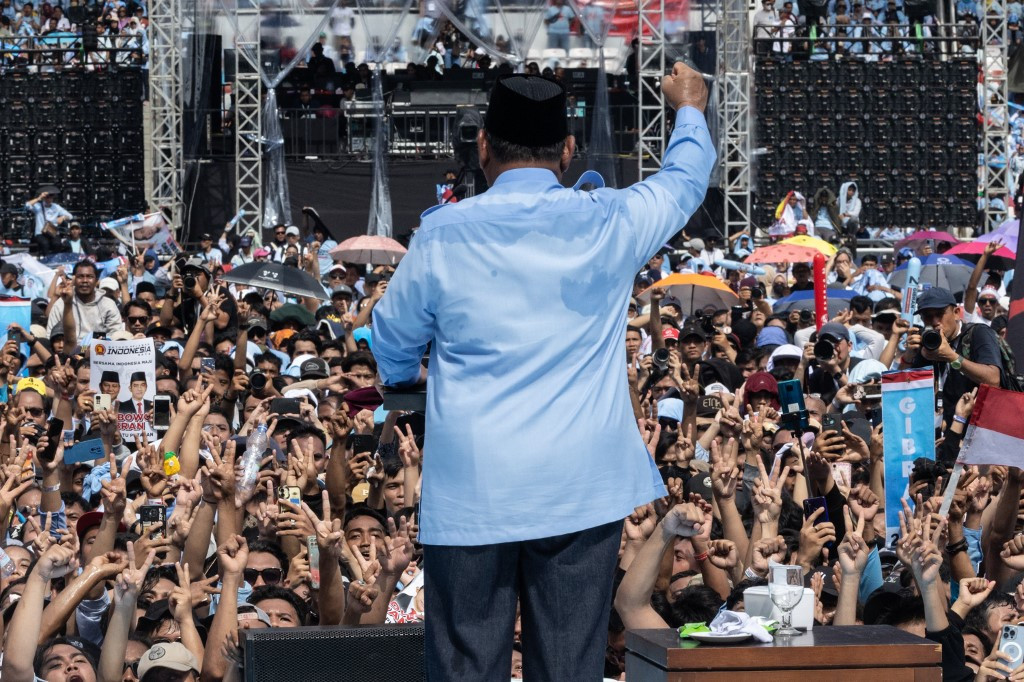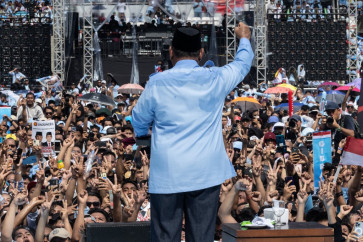Popular Reads
Top Results
Can't find what you're looking for?
View all search resultsPopular Reads
Top Results
Can't find what you're looking for?
View all search resultsAdaptation key to political parties’ electoral success
Although politicians are becoming more ambitious and autonomous, they still need political parties to provide organizational support and resources.
Change text size
Gift Premium Articles
to Anyone
T
he United States presidential campaign has ended with Donald Trump beating Kamala Harris for a return to the White House. During their campaigns, both endorsed themselves as the best presidential candidates by use of various methods ranging from open rallies to political advertisements or visits to public spaces.
The US contest reminds us of the election trend in Southeast Asia, in countries such as Indonesia and the Philippines. In these two countries, the present tendency is high candidate centrality. Voters tend to look at the figure rather than the political parties that support him/her. The more popular the candidate, the higher the level of electability.
In the national context, this phenomenon also impacts the regional elections nationwide, which are slated for Wednesday. Political parties at the local level tend to nominate candidates based on their popularity rather than the trajectory of their goals.
As evident in the regional head elections in Jakarta, Central Java and East Java, political parties that support President Prabowo Subianto, namely the Golkar Party, Gerindra Party, National Awakening Party (PKB) and Nasdem Party, have selected candidates with high popularity and electability. Among them are Ridwan Kamil in Jakarta, Khofifah Indar Parawansa in East Java and Ahmad Luthfi in Central Java.
The "fat" coalition indicates high candidate centrality. This rationale has driven the tendency of political parties to maximize electoral gains by nominating candidates who are popular and therefore have the potential to win.
The Indonesian Democratic Party of Struggle (PDI-P), however, stands as a contender by choosing candidates who more or less follow its ideological line, though popularity remains a must.
Two question then arise: What is the role of political parties as organizations when candidates tend to be more "detached" from them? And how do we explain the current political campaign patterns that must engage in both the offline and online settings?



















